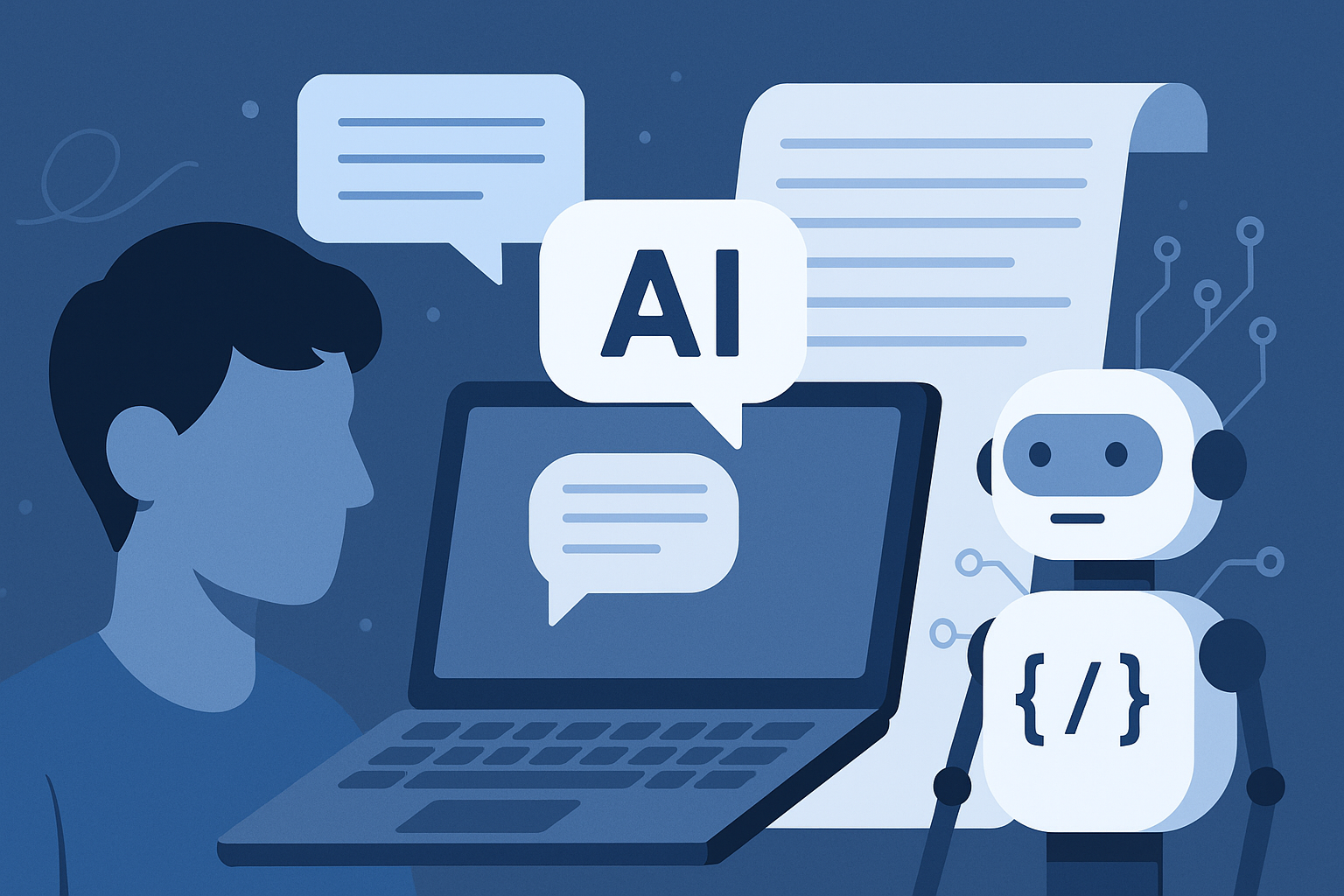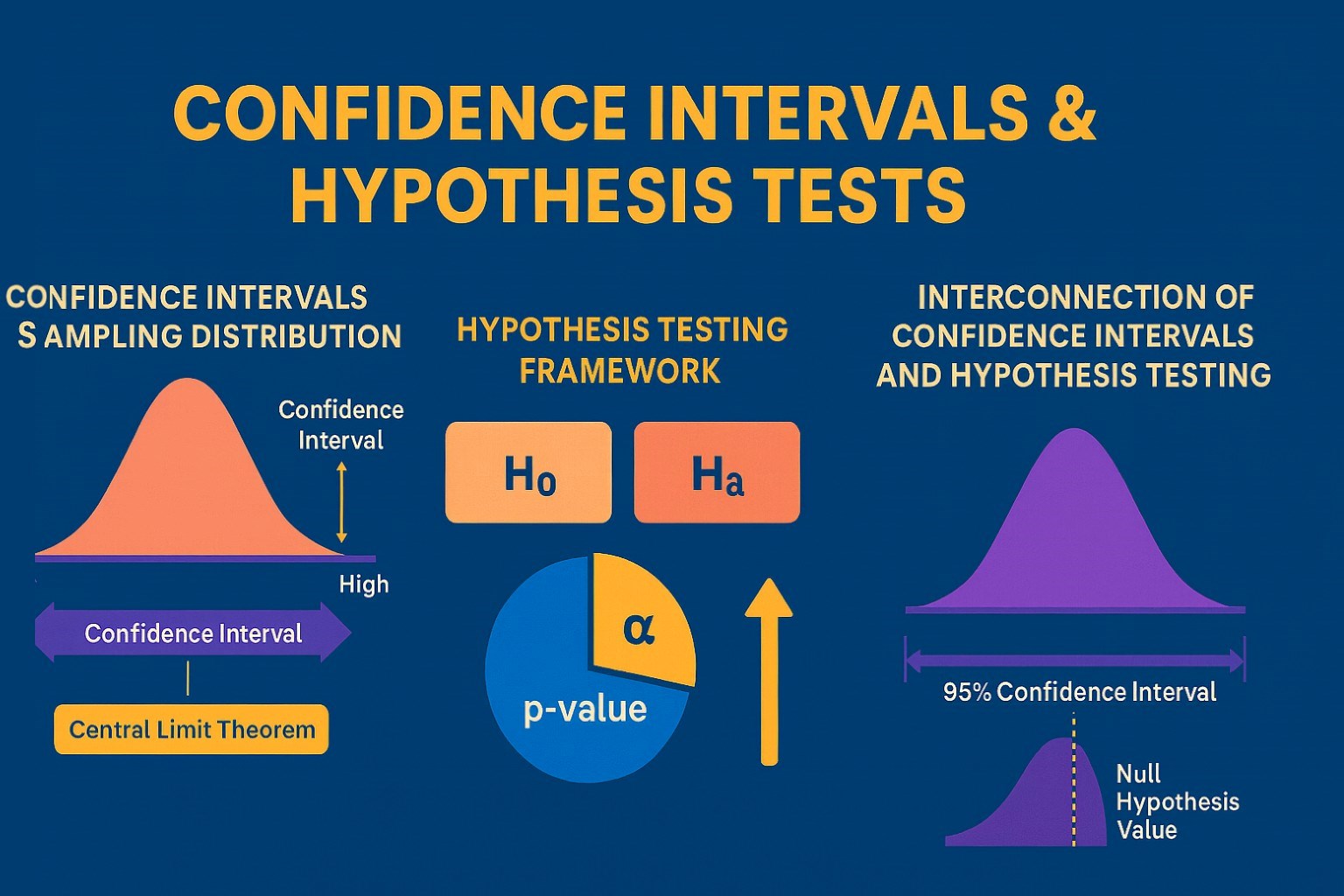10 Entry-Level IT Jobs and What You Need to Get Started

10 Entry-Level IT Jobs and What You Need to Get Started
It is widely acknowledged that IT (Information Technology is a growing field that provides various career opportunities in the IT and non-IT fields. In the United States, Business process outsourcing, IT consulting and implementation, IT outsourcing, and other IT services are rapidly growing. Moreover, the United States strongly demands technology in various industries, including healthcare, finance, and entertainment. This has led to the proliferation of IT companies and services to meet the growing demand.
Moreover, IT has remarkable versatility. Commencing your career at the support desk allows progression toward other specialized positions as you enhance your expertise and abilities. Alternatively, if you possess prior expertise, you can directly immerse yourself in a field that captivates your interest. This article will discuss ten introductory IT positions you should consider while starting your career hunt.
Help Desk Technician
A help desk technician is responsible for providing technical support and assistance to end users experiencing issues with their computer systems, software, or hardware.
This includes troubleshooting, diagnosing, and providing solutions to technical issues. Help desk technicians also guide and instruct users on using and operating their devices and software effectively. They may also maintain and update documentation and escalate more complex issues to higher-level support teams when necessary. Overall, the help desk technician ensures end users have the technical support to use their computer systems and software effectively.
Pre-acquisition
- A bachelor's degree in IT, computer science, or a related field can be beneficial.
- Median annual US salary: $56,910
IT Technician
An IT technician wears many hats, serving as the frontline champions of a company's technological well-being. They're tech detectives, diagnosing and resolving computer hardware and software problems that impede users' workflows. They're security sentinels, safeguarding systems from threats and ensuring data integrity. They're also proactive troubleshooters, identifying potential issues before they arise and implementing preventive measures. Ultimately, IT technicians are the jacks of all trades who keep the digital engines of an organization humming smoothly, ensuring a seamless and productive tech experience for everyone.
Requirement
- While only sometimes mandatory, a bachelor's degree in IT, computer science, or a related field can be beneficial.
- An associate's degree or relevant certifications like CompTIA A+, Network+, or Security+ can boost your candidacy.
- Average annual US salary: $49,593
Web Developer
The primary responsibility of a web developer is to design and develope websites. This involves writing code, programming, and building the structure and functionality of a website. Web developers ensure the website is user-friendly, visually appealing, and functional across different devices and browsers.
They may work with graphic designers and other team members to integrate visual and interactive elements into the site. They must also stay updated with the latest web development technologies and trends to ensure that the websites they build are modern and effective.
Technical Skills
- Front-end languages
- Back-end languages
- Version control systems
- Web development tools
Requirements
Formal education: While only sometimes mandatory, a bachelor's degree in computer science, web development, or a related field can provide a strong foundation.Online courses: Online courses can offer comprehensive training and practical experience in a shorter timeframe.
Certifications: Industry-recognized certifications like the Google Certified Associate Web Developer Professional or the Microsoft Certified Solutions Associate: Web Development Fundamentals can validate your skills and boost your resume.
Median annual US salary: $79,400
Systems Administrator
A Systems Administrator plays a crucial role in managing and maintaining an organization's IT infrastructure. Moreover, they are primarily responsible for installing, configuring, and maintaining hardware and software components, ensuring the security and integrity of data, and implementing backup and recovery procedures.
Furthermore, they should collaborate with other IT professionals, adhere to security policies, and have the ability to adapt to evolving technologies, which are essential aspects of a Systems Administrator's role in ensuring the reliability and functionality of an organization's IT environment.
Requirement
- A bachelor's degree in IT, computer science, or a related field can be beneficial, but it's only sometimes required.
- Industry-recognized certifications like CompTIA A+, Network+, Security+, or Linux+ can validate your skills and boost your resume.
Technical Skills
- Operating systems
- Networking
- Hardware
- Scripting and automation
- Security knowledge
Median annual US salary: $80,700
Systems Analyst
A Systems Analyst bridges the gap between business needs and organizational technological solutions. Their core responsibilities encompass a multifaceted set of tasks, beginning with a comprehensive understanding of business processes and objectives. Systems Analysts collaborate with stakeholders to gather requirements, analyze existing systems, and propose effective and efficient IT solutions. Implementation oversight, system testing, and troubleshooting also fall under their purview.
Requirement
- A bachelor's degree in computer science, information technology, business administration, or a related field is commonly preferred.
- Industry-recognized certifications like the Certified Business Analysis Professional (CBAP) or Certified Systems Analyst (CSA) can validate your skills and boost your resume.
Median annual US salary: $99,290
Database Administrator
Database administrators (DBAs) are the gatekeepers of an organization's data vaults. They design, build, secure, and optimize the databases that power everything from e-commerce platforms to medical records. Like meticulous digital janitors, they keep the data clean, accessible, and safe, ensuring smooth operations and accurate information for everyone. They work closely with developers to integrate databases into applications effectively and assist users in accessing and utilizing data efficiently, fostering a cohesive data ecosystem.
Education and Certifications
- A bachelor's degree in computer science, information technology, or a related field is often preferred.
- Industry-recognized certifications like the Certified Data Professional (CDP), Oracle Certified Professional (OCP), or Microsoft Certified Solutions Associate: Data Analytics can validate your skills and boost your resume.
Technical Skills
- Deep understanding of database concepts
- Programming skills
- Operating system and network proficiency
- Security awareness
Median annual US salary: $101,000
Software Developer
A software developer creates, designs, and maintains software applications. They work closely with clients or stakeholders to understand their needs and requirements and use their technical expertise to develop and implement solutions. This may involve writing code, testing and debugging software, and ensuring it meets quality and security standards. They may also be responsible for updating and improving existing software and providing technical support and troubleshooting issues.
Technical Skills
- Programming languages like Java, Python
- Data structures and algorithms
- Operating systems and networking
- Version control systems
- Software development tools
Education and Certifications
- Formal education: Bachelor's degree in computer science, software engineering, or a related field can provide a strong foundation.
- Certifications: Industry-recognized certifications like the Google Certified Associate Cloud Engineer or the Microsoft Certified Solutions Associate: Web Development Fundamentals can validate your skills and boost your resume.
Entry-level annual US salary: $109,030
Information Security Analyst
An Information Security Analyst is tasked with safeguarding an organization's computer systems and sensitive data from potential security breaches and cyber threats. They assess and implement security measures, conduct regular vulnerability assessments, and monitor network activity for signs of malicious behavior. Information Security Analysts develop and update security policies and protocols, ensuring compliance with industry standards and regulations.
Education and Certifications
A bachelor's degree in computer science, information security, or a related field is expected.Industry-recognized certifications like CompTIA Security+, Certified Ethical Hacker (CEH), or Certified Information Systems Security Professional (CISSP) can validate your skills and enhance your resume.
Entry-level annual US salary: $102, 650
Cloud Engineer
A cloud engineer is responsible for designing, planning, implementing, and maintaining cloud infrastructure and services. This includes working with cloud providers to build and deploy scalable and reliable systems and optimizing cloud architecture for performance and cost-efficiency. Cloud engineers also manage security, compliance, and governance within the cloud environment, and they often collaborate with other teams to integrate cloud solutions with existing systems. Additionally, they are responsible for monitoring and troubleshooting cloud infrastructure to ensure high availability and performance.
Average US Salary: $104,660
DevOps Engineer
A DevOps engineer collaborates with software developers, system operators, and IT staff to manage code releases. They are also responsible for automating and streamlining the deployment and operation processes and building and maintaining tools for deployment, monitoring, and operations. Additionally, they are responsible for troubleshooting and resolving issues in development, test, and production environments.
Technical Skills
- Programming and scripting
- CI/CD tools
- Cloud platforms
- Infrastructure as code (IaC)
- Version control systems
- Networking and operating systems
Education and Certifications
Formal education: While not always mandatory, a bachelor's degree in computer science, IT, or a related field can be beneficial.Certifications: Industry-recognized certifications like AWS Certified DevOps Engineer - Professional or Microsoft Certified Azure DevOps Engineer Expert can validate your skills.
Average US Salary: $130,000 per year
In conclusion, Information Technology offers diverse entry-level jobs, providing opportunities for individuals to kickstart their careers in this dynamic industry. Whether you are interested in networking, cybersecurity, software development, or support roles, gaining foundational knowledge and skills through education, certifications, and practical experience is crucial. Remember, the IT landscape is ever-evolving, and your commitment to adaptability and growth will position you for a rewarding and promising career path.
Take the next step towards your professional goals in Laravel
Don't hesitate to talk with our course advisor right now
Receive a call
Contact NowMake a call
+1-732-338-7323Latest blogs on technology to explore

From Student to AI Pro: What Does Prompt Engineering Entail and How Do You Start?
Explore the growing field of prompt engineering, a vital skill for AI enthusiasts. Learn how to craft optimized prompts for tools like ChatGPT and Gemini, and discover the career opportunities and skills needed to succeed in this fast-evolving indust

How Security Classification Guides Strengthen Data Protection in Modern Cybersecurity
A Security Classification Guide (SCG) defines data protection standards, ensuring sensitive information is handled securely across all levels. By outlining confidentiality, access controls, and declassification procedures, SCGs strengthen cybersecuri

Artificial Intelligence – A Growing Field of Study for Modern Learners
Artificial Intelligence is becoming a top study choice due to high job demand and future scope. This blog explains key subjects, career opportunities, and a simple AI study roadmap to help beginners start learning and build a strong career in the AI

Java in 2026: Why This ‘Old’ Language Is Still Your Golden Ticket to a Tech Career (And Where to Learn It!
Think Java is old news? Think again! 90% of Fortune 500 companies (yes, including Google, Amazon, and Netflix) run on Java (Oracle, 2025). From Android apps to banking systems, Java is the backbone of tech—and Sulekha IT Services is your fast track t

From Student to AI Pro: What Does Prompt Engineering Entail and How Do You Start?
Learn what prompt engineering is, why it matters, and how students and professionals can start mastering AI tools like ChatGPT, Gemini, and Copilot.

Cyber Security in 2025: The Golden Ticket to a Future-Proof Career
Cyber security jobs are growing 35% faster than any other tech field (U.S. Bureau of Labor Statistics, 2024)—and the average salary is $100,000+ per year! In a world where data breaches cost businesses $4.45 million on average (IBM, 2024), cyber secu

SAP SD in 2025: Your Ticket to a High-Flying IT Career
In the fast-paced world of IT and enterprise software, SAP SD (Sales and Distribution) is the secret sauce that keeps businesses running smoothly. Whether it’s managing customer orders, pricing, shipping, or billing, SAP SD is the backbone of sales o

SAP FICO in 2025: Salary, Jobs & How to Get Certified
AP FICO professionals earn $90,000–$130,000/year in the USA and Canada—and demand is skyrocketing! If you’re eyeing a future-proof IT career, SAP FICO (Financial Accounting & Controlling) is your golden ticket. But where do you start? Sulekha IT Serv

Train Like an AI Engineer: The Smartest Career Move You’ll Make This Year!
Why AI Engineering Is the Hottest Skillset Right Now From self-driving cars to chatbots that sound eerily human, Artificial Intelligence is no longer science fiction — it’s the backbone of modern tech. And guess what? Companies across the USA and Can

Confidence Intervals & Hypothesis Tests: The Data Science Path to Generalization
Learn how confidence intervals and hypothesis tests turn sample data into reliable population insights in data science. Understand CLT, p-values, and significance to generalize results, quantify uncertainty, and make evidence-based decisions.